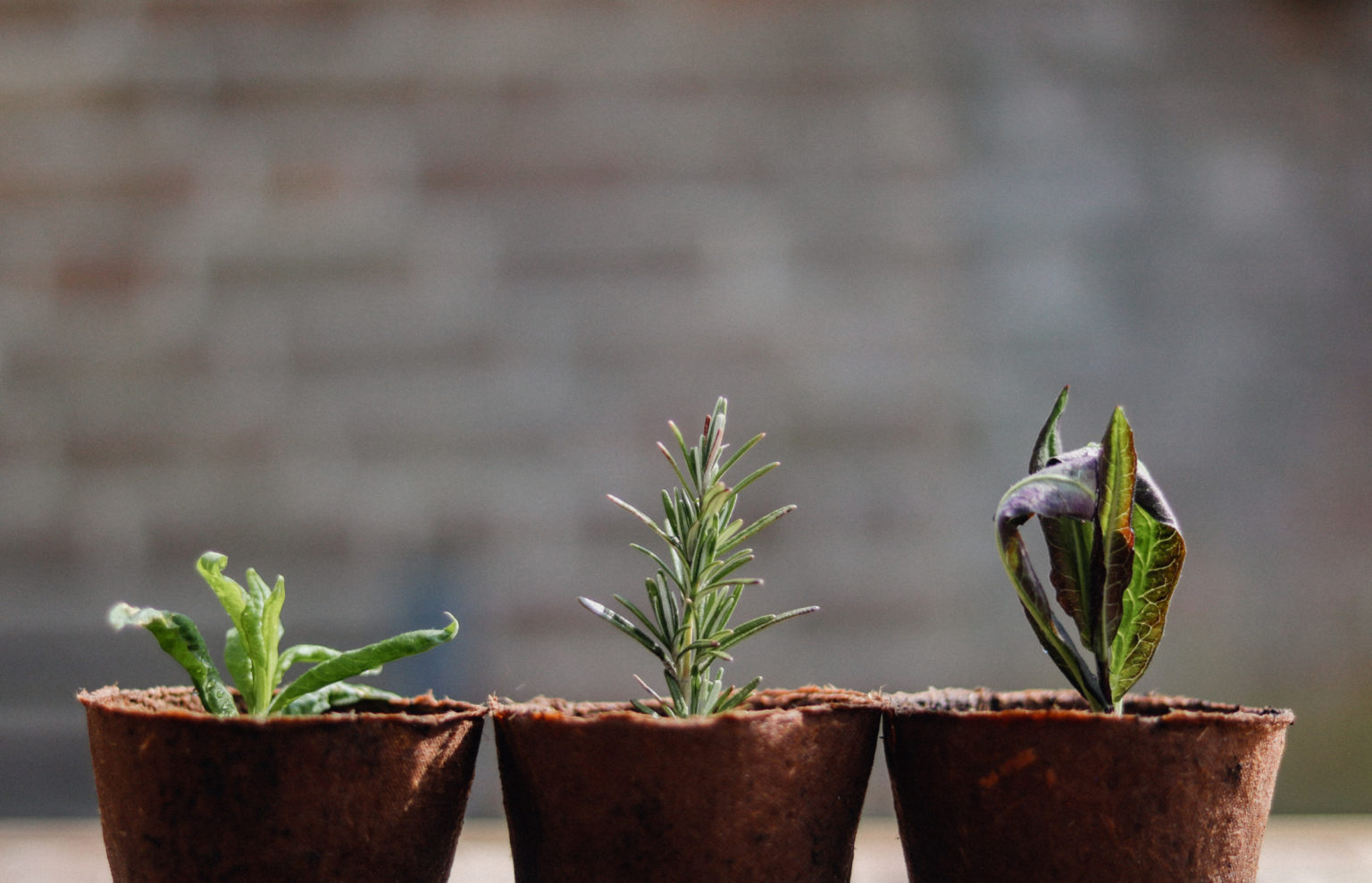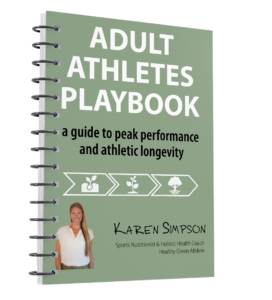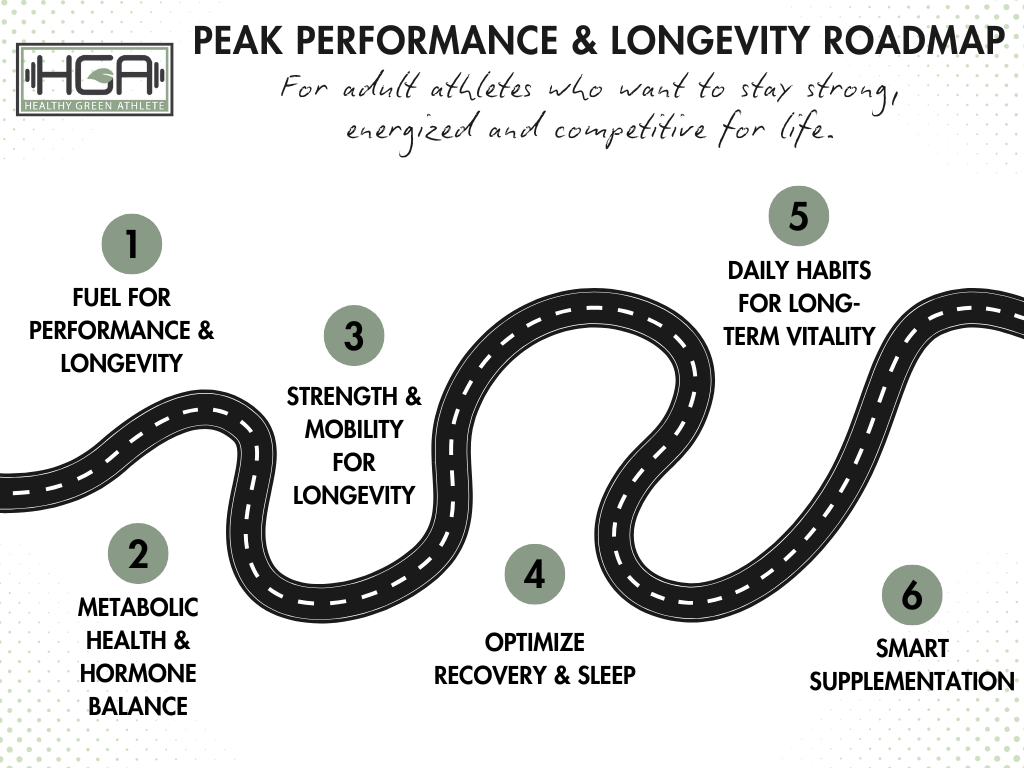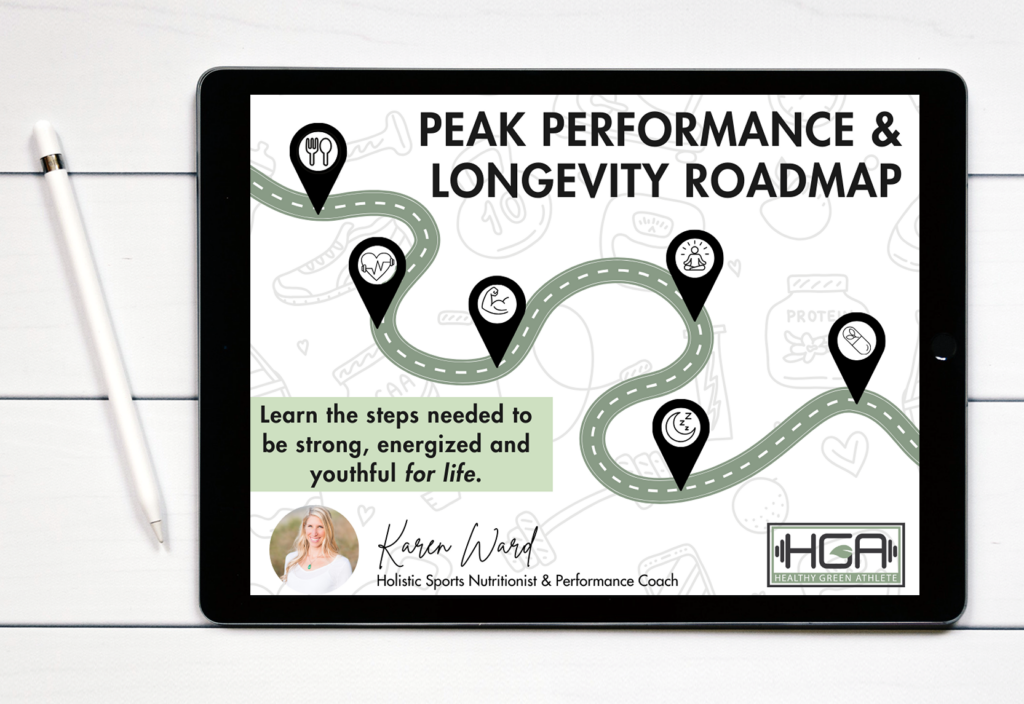This morning, I was making breakfast in my kitchen. I took the pan out of the corner cabinet, sprayed it with avocado oil from the cabinet above the stove and turned the burner on to medium. I opened the fridge by the top (because the seal is so strong that it’s nearly impossible to open by the handle) and took out the eggs, some veggies and leftover bacon. I opened the far right drawer to remove a spatula…and so on.
I did all of these actions without thinking about them. I’m comfortable cooking in my own kitchen. I know exactly where everything is. I have cooked the same exact breakfast in my kitchen hundreds of times. Unless something is out of place or my breakfast routine is interrupted in some way, these things happen on auto-pilot. All of these auto-pilot things are my habits.
Habits are any repeated thought, action or behavior that we complete without thinking about them. They are what shape a person’s character, wealth, health, happiness and lifestyle. Scientists estimate that between 40 to 95% of the actions that a person completes on a daily basis are habitual and the remaining ones require the brain to get involved and make a decision. The more someone repeats an action, the more habitual it becomes and therefore the more difficult it is to break the pattern.
Now let’s say that I go over to a friend’s house to cook my usual breakfast but this time I use their kitchen. I don’t know exactly where to find things and don’t know the quirks of their kitchen so my actions whilst cooking breakfast are no longer habitual. For example, I’m used to closing cabinets in a certain way in my kitchen because I have soft-close cabinets. My friend doesn’t have them so I end up closing their cabinets a little too aggressively. #oopsmybad
Secret #1: By intentionally changing our environment, we can intentionally change our behavior.
If an aspect of the environment changes then the action that was once on auto-pilot, now requires some brain power to execute. We can use this phenomenon to our advantage to break bad habits or transform them into healthy ones. If you are trying to break a bad habit, then change something about your environment so that it’s not easy to complete that action. If you’re trying to incorporate a new, healthier habit, then change your environment so that it takes less effort to do it. Changing your environment in a way that supports you will set you up for success.
Secret #2: Keep showing up. No matter what!
The more times that we repeat a single action, the more likely it will become habitual. All habits, whether they are healthy or destructive are formed by consistent repetition.
If you want to form a new habit or change a bad one, then you need to keep showing up because transformation doesn’t happen immediately. Science says that it takes 21 days of showing up to create new habits. While I think this is a great length of time to determine whether a new habit works or not, I’d argue that it takes much longer than 21 days to make a habit really stick. The frequency and duration of showing up will determine how habitual the thought, action or behavior will be. I’ve been brushing my teeth twice a day for the past 30-something years. Because brushing my teeth is such a habitual action, I do it without thinking about it. No matter where I am, or how chaotic my day is, I always brush my teeth twice a day. Every day.
Motivation, accountability, planning and preparation will all help, but none of those is the key to successfully changing habits. It’s doing the thing a lot. It’s following through consistently. It’s making it happen regularly. It’s showing up with persistence and perseverance. Every. Dang. Day. No matter what.
Showing up is 1,000% dependent on how self-disciplined you are. If you’re having trouble doing the things you know you need to do to change your habits, then listen to my podcast episode: 5 ways to cultivate self-discipline (listen now on my website, Spotify, Apple Podcasts, or Google Podcasts). I also shared some tips on discipline in this blog post.
Want to learn more about transforming habits in order to upgrade your life?
Check out these blog posts:
Top 10 Daily Habits of People with a Growth Mindset
The 7 R’s to Rewiring your Brain (AKA strategies to break bad habits!)
How Knowing the Science of Habits Can Help You Make or Break Them













